“Patriotism is the last refuge of a scoundrel,” said the 18th Century English writer, Samuel Johnson, as he denounced the false patriotism of his compatriots clamouring for an avoidable war with Spain. In a similar vein, Albert Einstein, one of the world’s greatest scientists of all time, maintained that “nationalism is an infantile disease” and “the measles of mankind,” which often serves as “an idealistic rationalization for militarism and aggression.” Both scholars’ aphorisms presently find vivid expressions in the treasonable actions of Africa’s opportunistic military scoundrels, who are quick to lay claims to patriotic and nationalistic motives as they brazenly usurp political power for selfish ends.
Amidst the spate of military coups that have roiled some African states in recent times (Mali in 2020; Chad, Guinea, and Sudan in 2021; Burkina Faso in 2022; Niger and Gabon in 2023), the patriotism and nationalism being expressed by the putschists ring hollow, especially when viewed against the antecedents of the likes of Gnassingbe Eyadema, Mobutu Sese Seko, Jean-Bedel Bokassa, and Idi Amin, who tyrannized their countries into abject submission as they perpetuated themselves in power. Of course, Teodoro Mbasogo continues to loom large as he now holds the continental record of the longest-reigning civilianized military ruler, having clocked 44 years in power, in August 2023.
In contrasting moves mirroring the prevailing political currents in Africa, Nigeria’s President Bola Tinubu and Guinea’s Colonel Mamady Doumbouya addressed the just-concluded 78th Session of the UN General Assembly on September 18th and 21st respectively. Unequivocally, President Tinubu condemned the reemerging spetre of military rule in Africa: “We must affirm democratic governance as the best guarantor of the sovereign will and well-being of the people. Military coups are wrong.” On the other hand, Colonel Doumbouya staunchly defended the resurging trend: “We are all aware that this democratic model that you have so insidiously and skilfully imposed on us does not work. The putschist is not only the one who takes up arms to overthrow a regime. The real putschists are those who cheat to manipulate the texts of the Constitution to stay in power eternally … It is time to stop lecturing us.”
Suffice to say that there is nothing new or heartwarming about the utterances and actions of Africa’s resurgent military putschists like Colonel Doumbouya. Instead, it’s all a rehash of the scourge of opportunistic military interventionism to which most African states were subjected in the post-colonial era of the 1960s and 1970s. To say the least, the brazen military interventions only served to exacerbate the underdevelopment of affected states and the African continent in general. For, empirical evidence have shown that African junta leaders are primarily driven by materialism even as they justify their opportunistic interventions on patriotic and nationalistic grounds: to stem the morass of corruption, political instability, economic mismanagement, ethno-religious bigotry, etc.
Banal nationalism and patriotism were rife among African military putschists during the Cold War era as they deceptively hid their ulterior motives behind ideological façades. While some denounced capitalism, imperialism, and neocolonialism to attract the support of the Soviet-led East block, others condemned socialism and communism to evince the sympathies of the US-led West bloc. Such mass-deception and subterfuge occasioned the emergence of all kinds of vacuous and venal junta leaders, who masqueraded as Revolutionaries, Liberationists, Salvationists, Redemptioners, Emancipators, etc., even as they ridiculously plundered their countries and nursed sinister sit-tight rulership ambitions. Alas, some metamorphosed into fetish bloodthirsty maniacal tyrants.
Since the disintegration of the Soviet Union in 1991, and thus the end of the Cold War, military rule has waned considerably in the Third World, especially in Africa, where nearly every country, with the notable exceptions of Botswana, Kenya, Senegal, Tanzania, and Zambia, had hitherto experienced one form of military coup or another. Hence, the resurgent military interventionism now being witnessed across the continent is a most retrogressive development, irrespective of the putschists attempts to appeal to populist patriotic and nationalistic sentiments rooted in anti-neocolonialism, anti-imperialism, Pan-Africanism, etc.
However, it is a well-known fact that the fast-declining living conditions and rising insecurity in most African states have resulted in the populace applauding occurrences of military coups, as recently witnessed in Niger and Gabon, where jubilant supporters poured into the streets to cheer the military opportunists. Were those supporters versed in the history of military rule in Africa, they would certainly have known that it is replete with unimaginable tales of blood-spilling, death, destruction, misery, and even cannibalism, as highlighted in the following brief discussions of the junta rule of Eyadema, Mobutu, Bokassa, and Amin.
The military overthrow of the Egyptian monarchy of King Farouk in 1952 heralded the scourge of military rule in Africa, and reinforced the Maoist dictum that: “Political power flows from the barrel of the gun.” Thus, in the small country of Togo, an army Sergeant named Etienne (Gnassingbe) Eyadema decided to put that dictum to the test by toppling and killing President Sylvanus Olympio in January 1963. He then installed a puppet head of state named Nicolas Grunitzky, whom he subsequently deposed in January 1967 to assume the reins of power. In course of his 38-year tyranny rooted in fetishism, he terrorized the populace into submission and deified himself as the “Invincible Superhero.” Upon his death in February 2005, his son, Faure Eyadema, stepped into his shoes in a dynasty-style succession.
Had Prime Minister Patrice Lumumba of the Congo (DRC) known the ugly fate that awaited him in the hands of an army Sergeant named Joseph Mobutu, he would never have promoted him to the rank of a Colonel, nor appoint him to the position of Army Chief of Staff following the country’s Independence from Belgian colonial rule on June 30, 1960. Alas, Lumumba rued his fatal mistake till the last moments of his gruesome death in the hands of dissident forces backed by Belgium, the US, and Colonel Mobutu, on January 17, 1961. Mobutu would later seize the reins of power in November 1965 as the Congo’s political imbroglio worsened. He then changed the country’s name from “Republic of Congo” to “Democratic Republic of Congo,” and then to “Republic of Zaire.”
At the height of Mobutu’s imperial-style absolutism, sycophants eulogized him as “The Great Leader,” “Father of the Nation,” “Messiah of the People,” “Guide of the Revolution,” “Founder of the Republic,” “Supreme Combatant,” etc. He assumed a fear-inducing name of which “Mobutu Sese Seko” is a shortened version: “Mobutu Sese Seko Kuku Ngbendu Wa Za Banga.” Translated, it reads: “The all-powerful warrior who, because of his endurance and inflexible will to win, goes from conquest to conquest, leaving fire and destruction in his wake.” And truly, Mobutu left a trail of poverty, death, destruction, and misery in course of his 32-year tyranny, which came to an ignominious end in May 1997, following a bloody rebellion.
In the Central African Republic (CAR), the citizens were jubilant when Colonel Jean-Bedel Bokassa toppled the government of President David Dacko and named his junta “The Revolutionary Council,” on December 31, 1965. But they soon found out that his revolutionary posturing was a hoax. On December 4, 1976, Bokassa did what no other African autocrat had ever done: he turned the CAR into an empire – the “Central African Empire,” with himself as the “Emperor.” He maintained that his imperial show of shame, which was inexplicably supported by French President Valéry Giscard d’Estaing, was aimed at promoting “national unity” and earn the “respect” of the rest of the world, even though the contrary was clearly the case.
In course of his 13-year maniacal tyranny, Bokassa was widely rumoured to be involved in the practice of cannibalism, apparently driven by sheer bloodthirsty lunacy, which occasioned his April 1979 cold-blooded murder of an estimated 100 elementary school pupils, who were protesting the introduction of a new set of expensive school uniforms emblazoned with his imperial image. That act of mass-infanticide was the last straw that broke his back as France quickly distanced itself from his bloody reign, resulting in his overthrow in a French-backed military coup on September 20, 1979.
Upon overthrowing President Milton Obote on January 25, 1971, General Idi Amin informed jubilant Ugandans that he would hand over the reins of power to a democratically elected civilian government as soon as normalcy returned to the country, although he failed to tell them when and how that normalcy would return. But the citizens soon learnt the answers the hard way. By 1976, five years into his bloody reign of terror, Amin’s official title bordered on the bizarre: “His Excellency, President for Life, Field Marshal, Alhadji, Doctor Idi Amin Dada, VC, DSO, MC, Lord of All the Beasts of the Earth and the Fishes of the Seas, Conqueror of the British Empire (CBE) in Africa in General and Uganda in Particular.”
A heartless cold-blooded murderous tyrant, Amin’s killing spree was spearheaded by a demented bloodthirsty hitman named Isaac “Maliyamungu” Lugonzo, alias “The Executioner,” who ran over some of his victims with an armoured tank, while butchering others. Many victims simply disappeared without a trace. For instance, in September 1972, a former Mayor of the District of Masaka, Francis Walugembe, was butchered in full glare of the public, while the Chief Justice of Uganda, Benedicto Kiwanuka, was dragged from his court chambers and disappeared forever. In October, the Vice Chancellor of Makerere University, Frank Kalimuzo, was arrested and never seen again. Within the same month, the Governor of the Central Bank of Uganda, Joseph Mubiru, vanished into thin air. In August 1974, the dismembered body of his wife named Kay was discovered in the boot of a car belonging to Amin’s personal physician, Dr. Peter Mukasa, whose mangled body was earlier found in the street. In February 1977, the head of the Anglican Church of Uganda, Archbishop Janani Luwum, was killed with a gun thrust into his mouth.
As fate would have it, on April 11, 1979, Amin fled into exile as Ugandan rebels backed by Tanzanian forces swept into Kampala to put an end to his 9-year maniacal bloody reign that had claimed the lives of an estimated half-a-million people. Reliable sources had it that he was afflicted by degenerative neuro-syphilis – a medical condition that aggravated his murderous lunacy; and that he practiced cannibalism as he feasted on some of his victims, including his slain wife, Kay. There is no smoke without a fire, goes a popular saying. (To be Continued)
- Dennis Onakinor, a global affairs analyst, writes from Lagos – Nigeria. He can be reached via e-mail at dennisonakinor@yahoo.com
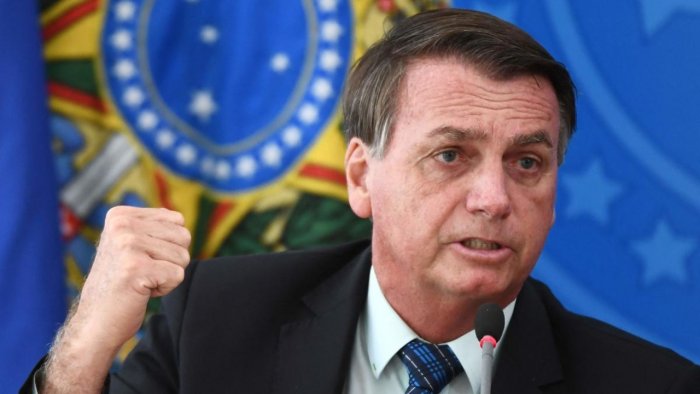
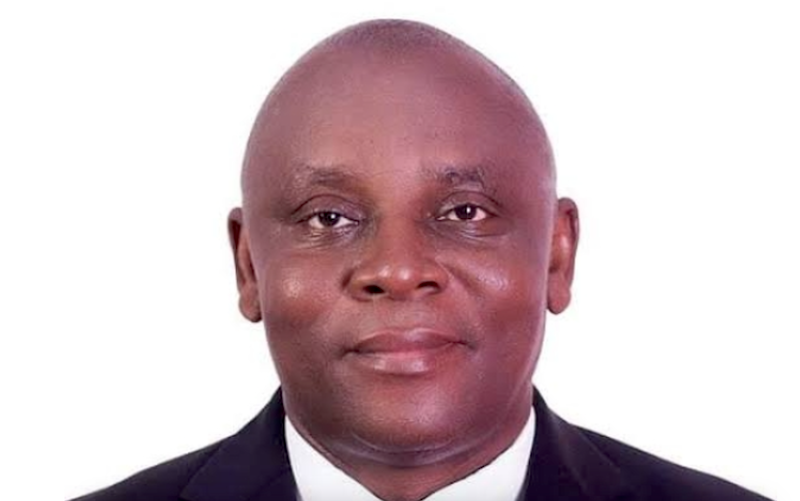
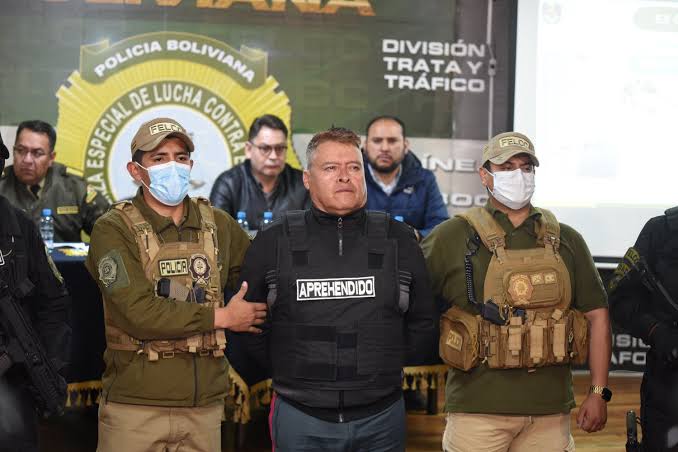
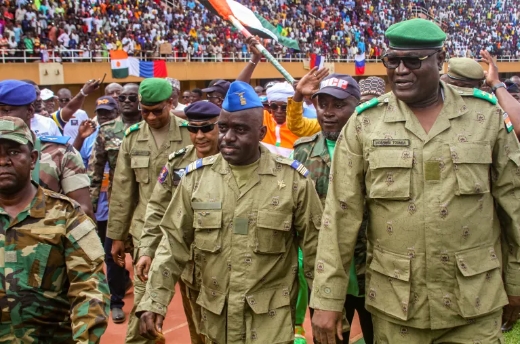

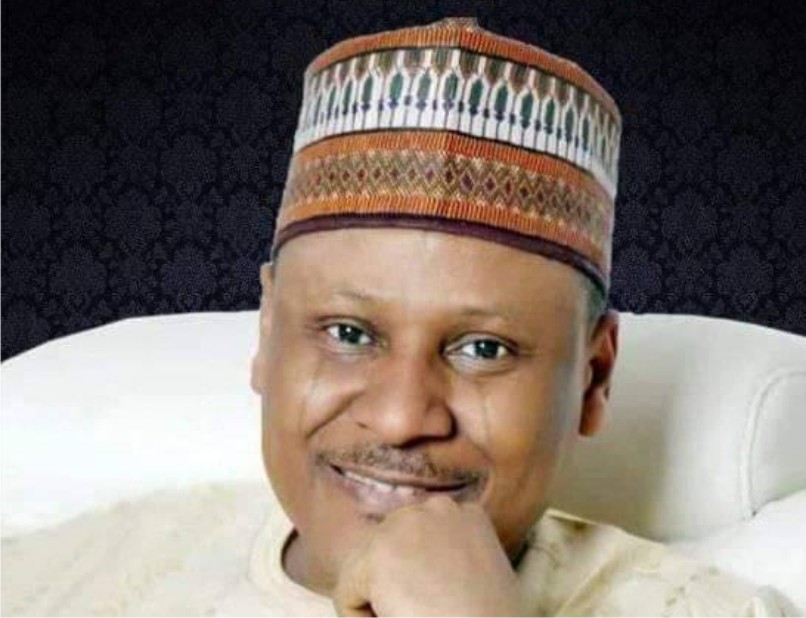
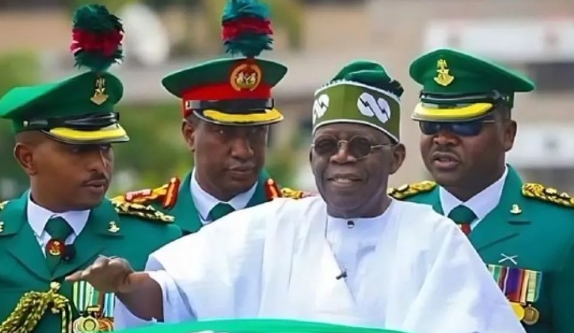
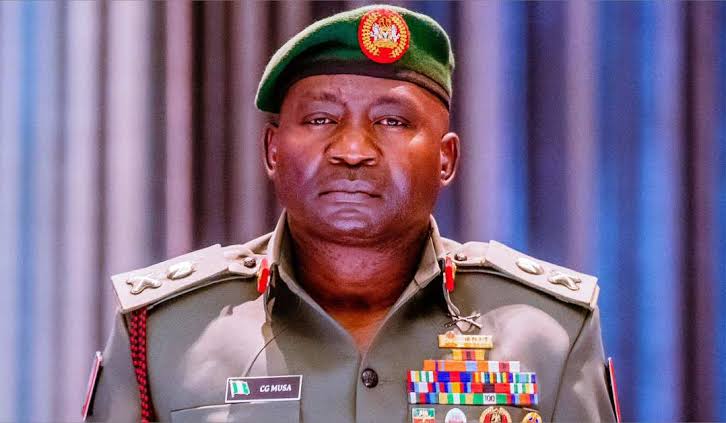
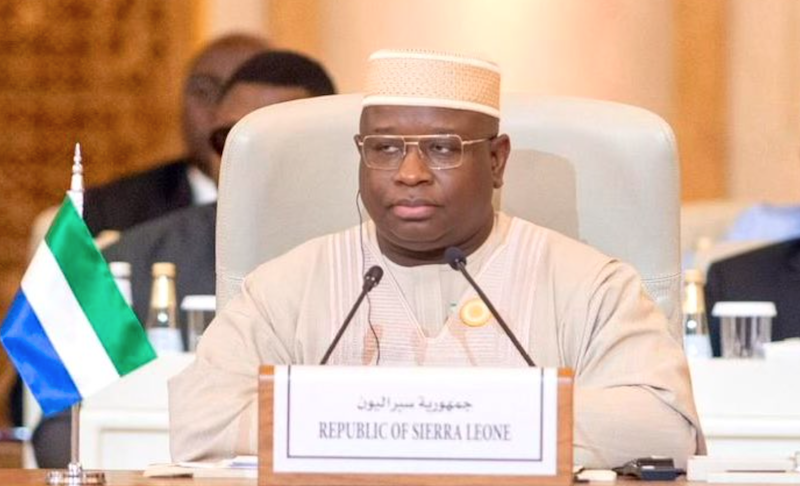
![African military interventionism and the illusion of good-fortune [Part 1] – By Dennis Onakinor](https://thenewsguru.ng/wp-content/uploads/2023/10/Screenshot-2023-10-02-at-6.39.28-AM.png)